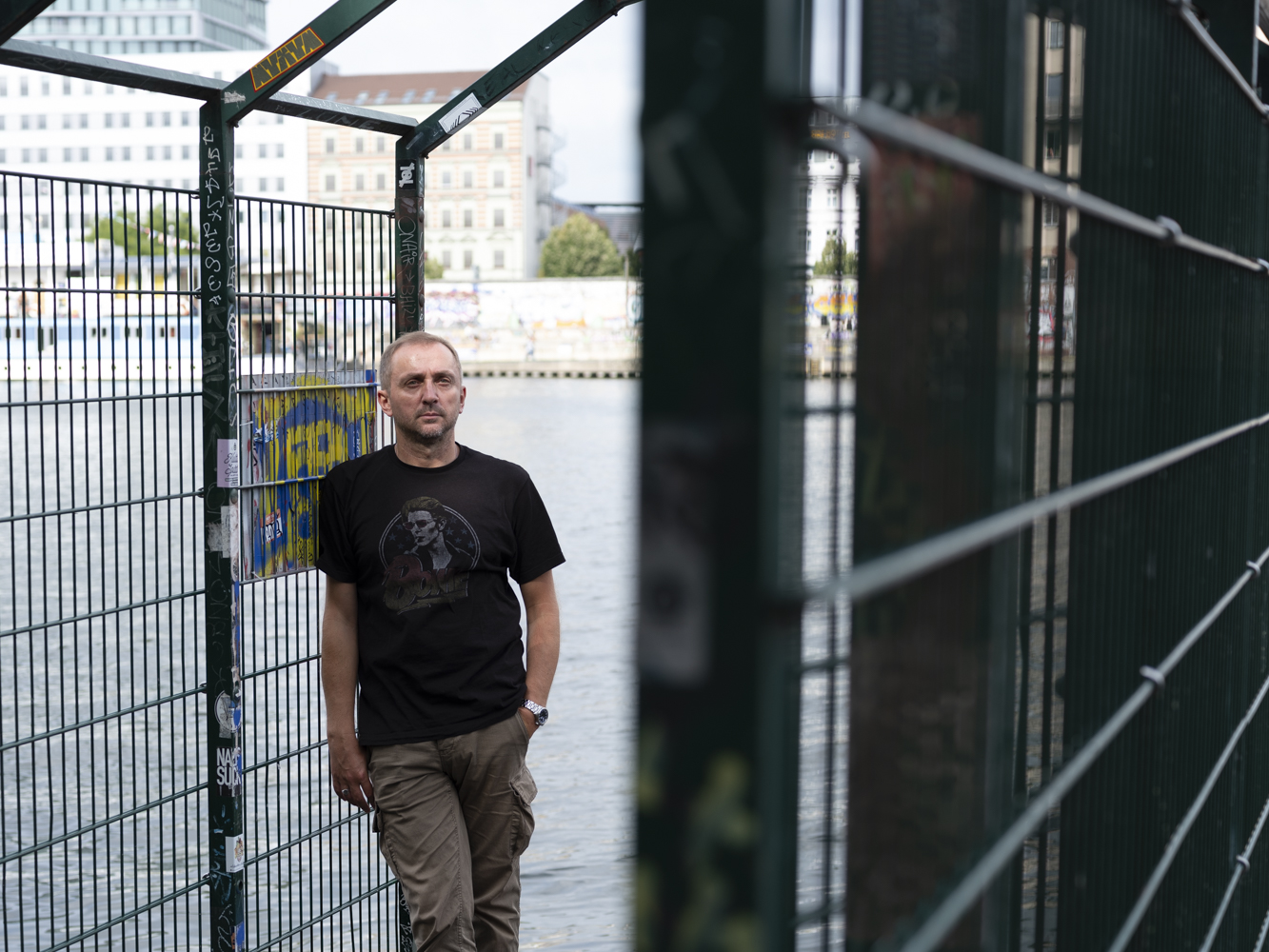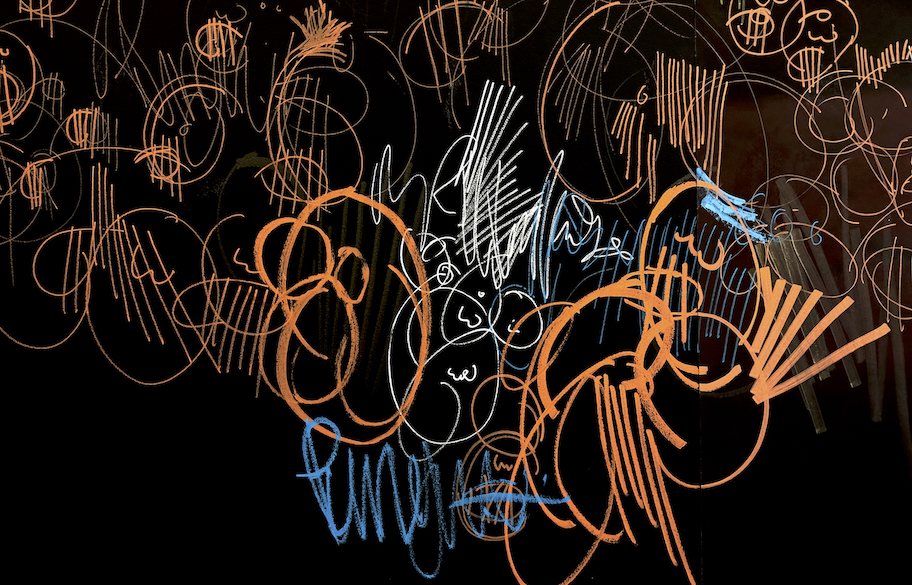Bosnia and Herzegovina, Literature, 2022
Faruk
Šehić

“If I could afford to, I’d post myself to Berlin / with DHL or FedEx,” Bosnian writer Faruk Šehić declares in his poem, Émigré Soul. The DAAD Artists-in-Berlin Program fellowship will hopefully provide a more human-friendly way of helping the author reach his desired destination. Why is Šehić keen to escape to the German capital? He explains: “Berlin is a city where a surplus of indigestible history can’t give you a headache.”
Born in 1970 in the city of Bihać, Šehić was a twenty-two-year-old veterinary student in Zagreb when the war broke out in Bosnia and ended “the golden age of the South Slavs,” as he calls Yugoslavia. Šehić enrolled in Bosnia’s army, leading a unit of 130 men. This experience has inspired much of the author’s literature, which has now gained cult status in Bosnia and across the former Yugoslavian area.
Šehić has written about war in his 2000 debut collection, Acquired Poems, as well as in his first short story collection, Under Pressure, published four years later. “We pass between burning houses,” he writes in the story whose name doubles as the title of the collection. “The file trudges on alongside rickety fences. The mud sticks to our boots, stretches like dough. Lines seen for the first time are the best. Everything is new, unusual and hairy as fuck.” While this collection contains explicit scenes of life in the trenches, other books explore the impact of war after, or away from, the battleground.
Šehić’s most recent book, the novella Greta, published in 2021, follows a senior woman as she tries to flee war together with her neighbors. His 2013 European Prize for Literature- winning debut novel, Quiet Flows the Una, explores post-war trauma and the healing power of nature. Here is one powerful juxtaposition that is at the core of this compelling, poetic book: “The battlefield was a crude, hard fact, despite imagination that took me away to intact worlds of the forgotten past. The Earth was becoming warmer and warmer. The cow mooed its deep elegy. Tomorrow we would be burning houses and killing people with the same names as us.”
Identity is a running theme throughout Šehić’s writing. “Don’t ask me who I am because that scares me. Ask me something else,” the narrator says on the first page of Quiet Flows the Una. “Here, people want to have a single [ethnic] identity,” Šehić told me in a 2021 interview in Sarajevo, where he has been based since the 90s, working as a writer and columnist for a national newspaper. “But my [ethnic] identity is fluid,” he added.
Until now, Šehić’s books have generally been set in Bosnia. It is thus fitting that he can spend his next year in Berlin to work on his current project; a sci-fi novel set in a borderless world. Conflict and identity are back on his mind, as he creates a dystopian, post-war world in fiction: “In Greta, we ourselves are also our enemies, whereas here, there are no enemies—only survivors.”
Text: Paula Erizanu
Pod pritiskom
Naklada ZORO, Zagreb/Sarajevo, 2004
Under Pressure
Istros Books, London, 2019 (trans. Mirza Purić)
Knjiga o Uni
Buybook/Algoritam, Sarajevo, 2011
Quiet Flows the Una
Istros Books, London, 2016 (trans. Will Firth)
Moje rijeke
Buybook, Sarajavo, 2014
Priče sa satnim mehanizmom
Buybook/Fraktura, Sarajavo/Zagreb, 2018
Greta
Buybook, Sarajavo, 2021



